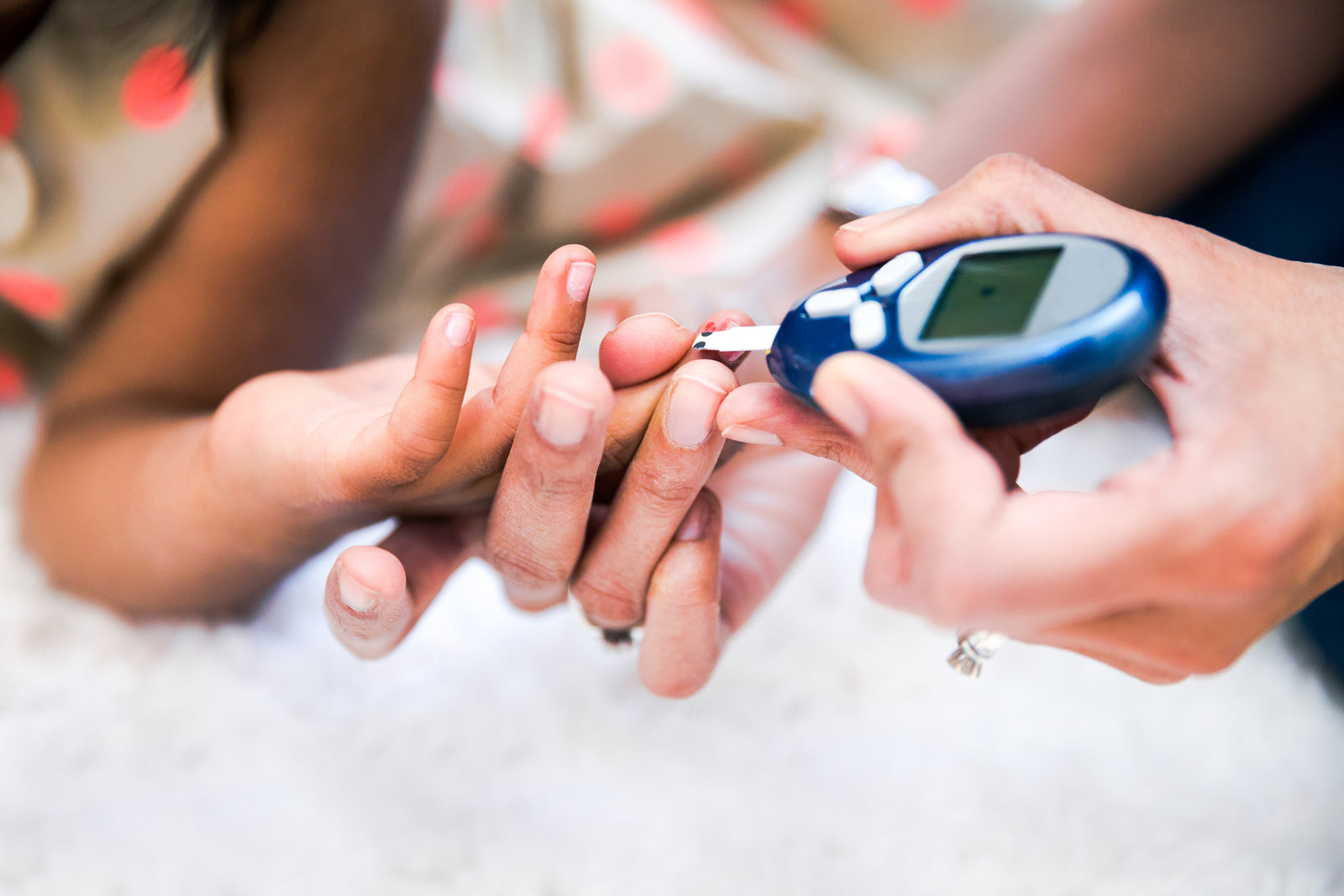Understanding Fibrinogen and the FGB Gene
Fibrinogen is a protein made mainly by your liver that helps form blood clots and plays a role in inflammation. When tissue is injured or when the body experiences inflammation, fibrinogen levels often rise. While clotting is essential to stop bleeding, persistently high fibrinogen levels are linked to increased risk of cardiovascular events such as ischemic stroke and heart disease because they make clot formation and artery plaque buildup more likely.
Why the FGB gene matters
The FGB gene contains instructions for building one of the three chains that form the fibrinogen protein. Variations in FGB can change how much fibrinogen your liver produces. One commonly tested variation is called rs1800787. Depending on which version of this variant you carry, your baseline fibrinogen production may be higher, slightly higher, or typical. Genetics explains roughly half of the differences in fibrinogen levels between people, which means lifestyle and health factors also play a major role.
Genetic Interpretations
Two effect alleles (TT) — Increased fibrinogen production
You have the TT genotype at rs1800787. This means you carry two copies of the effect allele associated with higher fibrinogen levels. Your body may naturally produce more fibrinogen, which can increase your lifetime risk for ischemic stroke and other cardiovascular disease because higher fibrinogen promotes clot formation and contributes to arterial plaque progression.
What this means for you
- Be aware of cardiovascular risk factors. Your genetic predisposition places you at higher baseline risk, so monitoring other risk factors is important.
- Work closely with your healthcare provider to track fibrinogen if clinically indicated and to manage blood pressure, lipids, blood sugar, and smoking status.
One effect allele (CT) — Moderately increased fibrinogen production
You have the CT genotype at rs1800787. Carrying one copy of the effect allele is associated with a modest increase in fibrinogen levels. This can slightly raise the risk for clot-related events like ischemic stroke and cardiovascular disease compared to people without the effect allele.
What this means for you
- This genotype represents a moderate genetic influence. Lifestyle factors often determine whether that genetic tendency translates into measurable health risk.
- Focus on prevention with heart healthy habits and regular checkups to reduce overall cardiovascular risk.
No effect alleles (CC) — Typical fibrinogen production
You have the CC genotype at rs1800787. You do not carry the T variant linked to increased fibrinogen. Your genetic predisposition at this specific site does not push you toward higher fibrinogen production. However, non-genetic factors can still elevate fibrinogen and cardiovascular risk.
What this means for you
- While you do not carry the effect allele at rs1800787, maintaining heart healthy habits remains important to prevent acquired increases in fibrinogen.
- Routine screening and risk factor management should follow general preventive care guidelines recommended by your healthcare provider.
Practical Steps to Support Healthy Fibrinogen Levels
PlexusDx provides information about genetic predispositions. This is educational and not medical advice. Always consult your healthcare provider before starting or stopping any treatments, supplements, or testing.
Diet
- Prioritize a Mediterranean style pattern: plenty of vegetables, fruits, whole grains, legumes, nuts, seeds, olive oil, and moderate lean protein such as fish and poultry.
- Increase omega-3 rich foods: fatty fish like salmon, mackerel, sardines, and plant sources such as walnuts and flaxseed can help support healthy inflammation and clotting balance.
- Choose high fiber foods: oats, barley, beans, and whole grains support heart health and may help moderate inflammatory markers.
- Limit processed foods and added sugars: these promote inflammation and can indirectly increase fibrinogen and cardiovascular risk.
- Reduce trans fats and excessive saturated fats: prefer unsaturated fats from olive oil, avocados, and nuts.
Supplements to consider
- Omega-3 fish oil: may help lower inflammatory markers and support cardiovascular health. Discuss dose and interactions with your provider.
- Vitamin D: deficiency is linked to inflammation; have levels checked and supplement as recommended by your clinician.
- Magnesium: supports vascular and metabolic health; consider dietary sources or supplementation after medical review.
- Do not start antithrombotic or clot altering supplements without medical supervision. Always review supplements with your healthcare provider.
Lifestyle recommendations
- Exercise regularly: aim for at least 150 minutes per week of moderate aerobic activity plus strength sessions. Physical activity lowers inflammation and improves vascular health.
- Stop smoking: tobacco use raises fibrinogen and many other cardiovascular risks. Seek support to quit.
- Manage weight: excess weight increases inflammation and clotting risk.
- Quality sleep: aim for consistent, restorative sleep as poor sleep can increase inflammatory markers.
- Stress management: chronic stress elevates inflammation. Techniques such as mindfulness, cognitive approaches, and regular relaxation can help.
Medical testing and monitoring
- Discuss fibrinogen testing with your healthcare provider if you have other cardiovascular risk factors or a personal ischaemic event history.
- Monitor blood pressure, cholesterol, and blood glucose regularly as part of overall cardiovascular risk management.
- If you have a strong family history of clotting disorders or early cardiovascular disease, your provider may recommend additional assessments or specialist referral.
Putting Your Result Into Context
Genetics is one part of a bigger health picture. A variant in the FGB gene like rs1800787 affects how much fibrinogen your body tends to make but does not determine your future on its own. Lifestyle, environment, other genes, and clinical risk factors all interact to shape health outcomes. For people with higher genetic predisposition, preventive actions become especially valuable because they can offset some of the genetic risk.
Important Reminder
PlexusDx provides educational information about genetic predispositions only. This content is not medical advice and is not intended to diagnose, treat, or prevent any condition. Always consult your healthcare provider before making medical decisions, starting new supplements, changing medications, or ordering tests. Your provider can interpret your genetics in the context of your full clinical picture and recommend appropriate follow up.

Share:
FIBRINOGEN | FGG (rs2066865)
FIBRINOGEN | FGG (rs2066865)